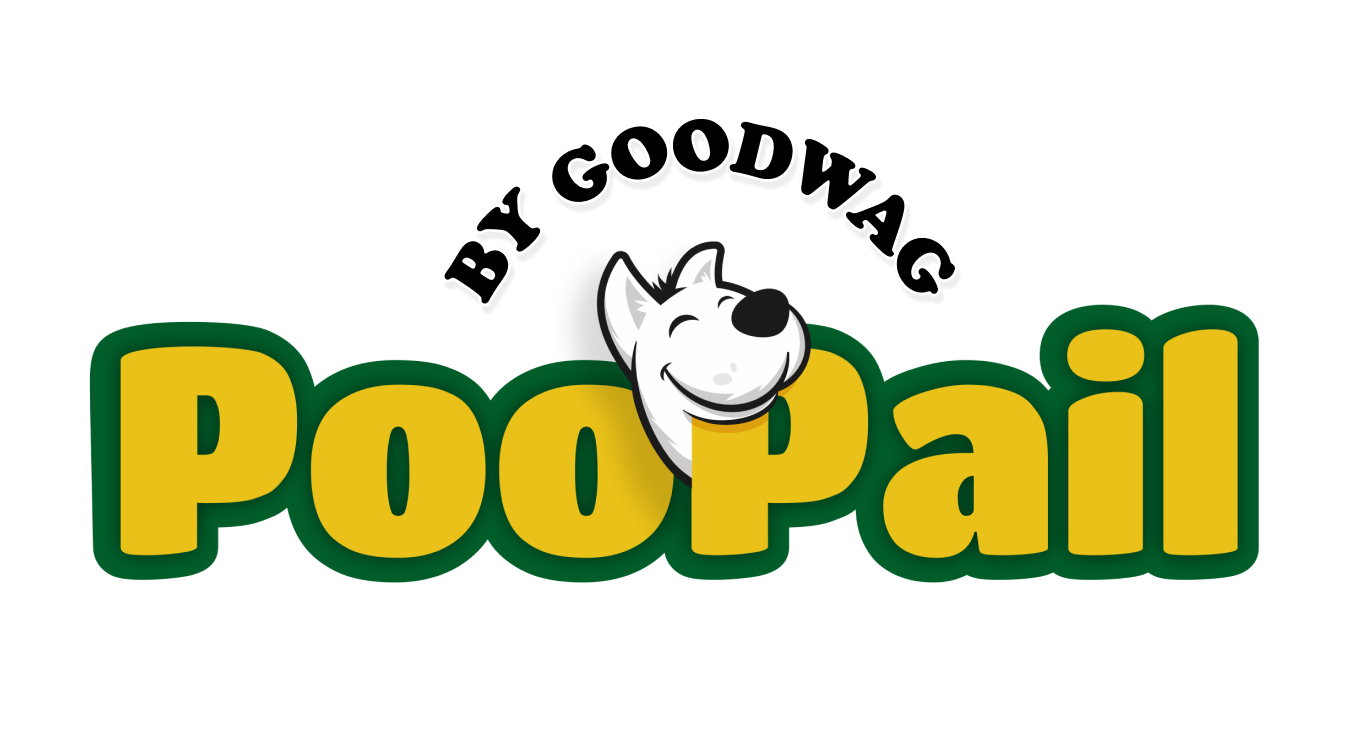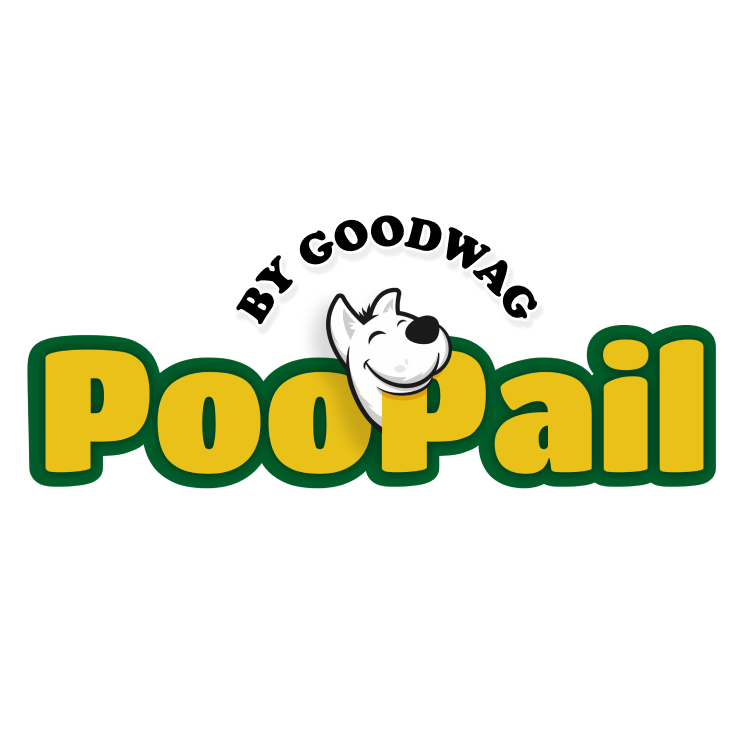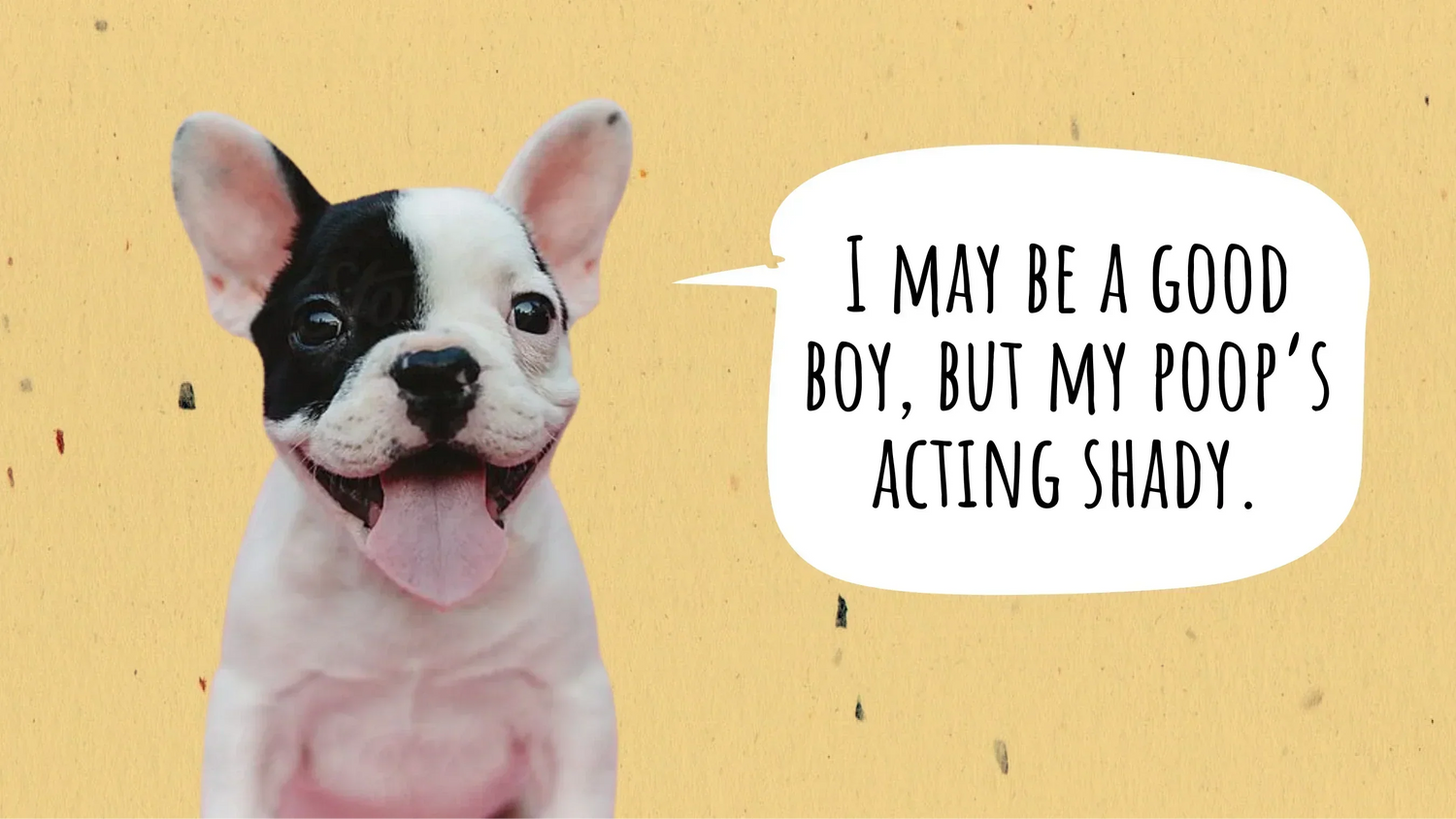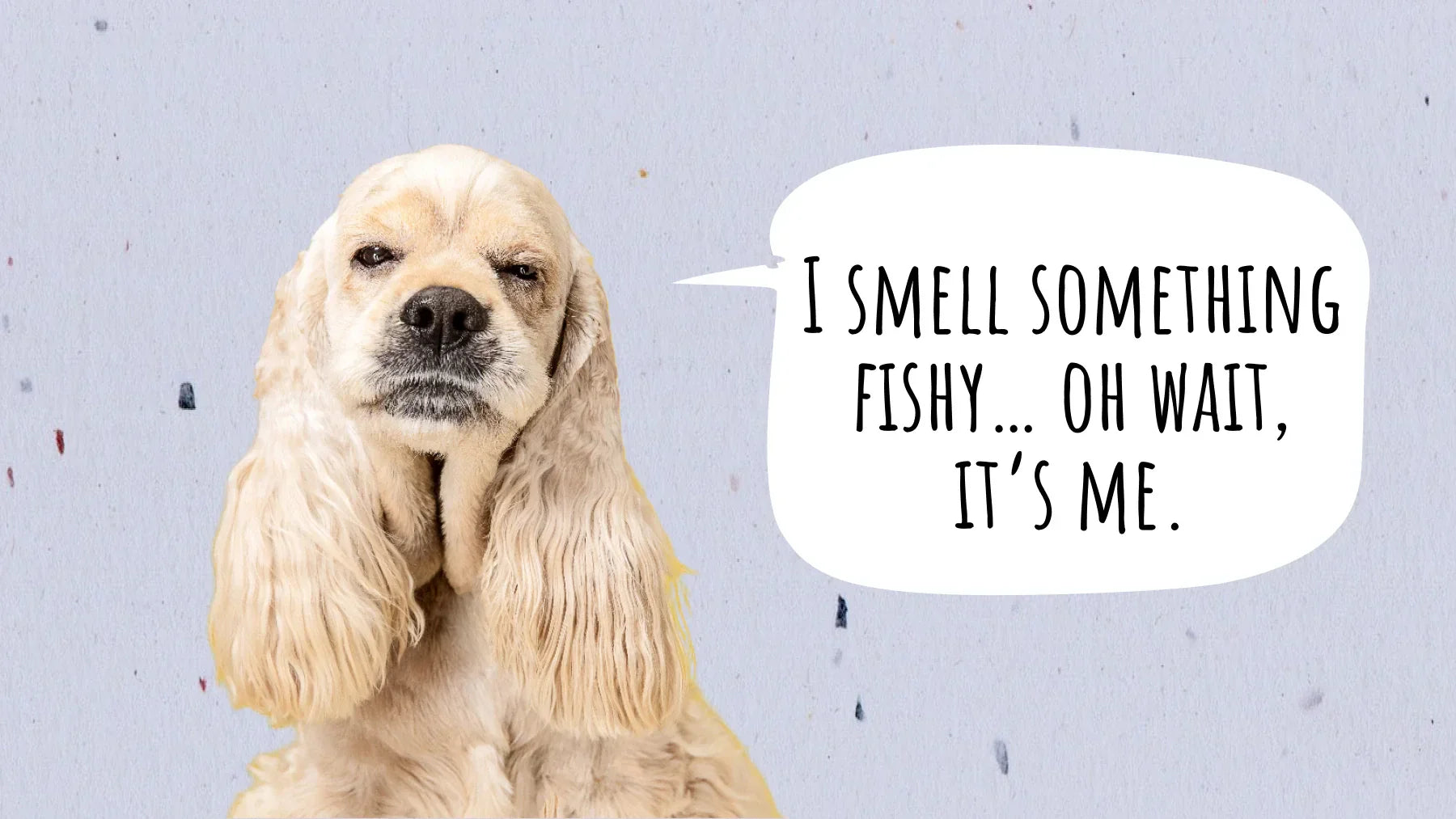Noticing white dog poop in your yard might leave you scratching your head—and possibly worrying about your pup’s health. While a healthy dog’s stool is typically firm and brown, white or pale poop can point to anything from dietary quirks to underlying health issues. In some cases, it’s completely harmless, especially if your dog is on a raw or calcium-rich diet. But in others, it could signal parasites, digestive trouble, or even liver concerns. So if you’re wondering “why is my dog’s poop white,” we’ve got you covered. This guide breaks down what causes white dog poop, when to worry, and what steps to take to keep your furry friend healthy.
Table of Contents
- Is White Dog Poop Normal?
- Common Causes of White Dog Poop
- When to Worry About White Dog Poop
- What to Do If Your Dog’s Poop Is White
Is White Dog Poop Normal?
Healthy dog poop should be light brown. Any other color would be an anomaly. If the droppings are black, red, orange, or yellow, for instance, you may be looking at an underlying issue. Same goes for white dog poop. While it’s not one of the scarier colors of dog poop, like red, a white or pale shade can still be cause for concern. If you notice a discoloration of this form, your best bet would be to pick up your phone and call your local vet.
Common Causes of White Dog Poop
A Diet High in Calcium
A dog can be healthy and still have white poop, especially if bones are often on the menu. The culprit here would be calcium. A diet high in calcium can cause the droppings to be white with a chalk-like consistency. In this case, there’s not much to be worried about. But, there’s a downside, too. An excess of calcium can lead to constipation. Your four-legged friend might soon begin to struggle with potty time. That’s when you’ll need to call your vet, who will likely recommend changing your dog’s food to something that makes number two easier.
A Raw Diet
Dogs that are on a raw diet tend to have smaller, more solid, and almost odorless feces compared to those on other diets. This is because a raw diet is highly digestible, which means that most of what your dog eats is absorbed by the body, and only a little is turned into waste. This diet can also turn dog poop white within 24 hours—after it’s out, of course. So, if you don’t pick it up on the spot, you’ll notice the color change within a few hours. This is nothing to be concerned about, but it’s always a good idea to contact a vet—just in case Fido needs supplements.
Eating Something Not Meant to Be Eaten
How many times has your canine companion eaten something it shouldn’t have? Several times, we imagine. After all, dogs can be curious. If that object is actually white in color, well, there’s your answer. It will eventually show up in Fido’s poop. We’re talking paper towels, toilet paper, tissues, and whatnot. Luckily, you can notice these in the poop right away, and they usually come out without causing much harm.
Environmental Conditions
If you’re in the habit of leaving your dog’s poop out in the yard for more than 24 hours, you might end up asking yourself, “why is my dog’s poop white?” The fact is that fresh droppings are normally light brown. As time passes, the color of that poop will evenrtually fade into lighter shades and sometimes white—even if your dog isn’t on a raw diet. The reason behind this is that environmental conditions such as sunlight, humidity, and even mold can cause the color to fade.
Parasites
Parasites in dogs are common. They can show up anywhere and everywhere—and sometimes in dog poop. If you notice bits that look like white grains of rice in your dog’s feces, and it hasn’t eaten anything that looks like white grains of rice, chances are you’re looking at intestinal worms. To make sure, take a sample of the poop to your vet for diagnosis. With some deworming meds, Fido’s poop will go back to its normal color in no time.
When to Worry About White Dog Poop
If Your Dog Is Not on a Raw Diet
As we mentioned earlier, a raw diet can result in white poop because of the raw bones and the high-calcium concentration in the food. Now, if you ruled out a raw diet, it likely means there are other issues going on. White poop might indicate liver, pancreas, or gallbladder problems. These are the organs involved in digestion and waste processing. Just to be to on the safe side, take Fido to the vet for a checkup, and possibly treatments.
If the White Poop Becomes a Daily Occurrence
If your dog’s white poop is a one-time thing, chances are it’s nothing to worry about. But if the issue persists, it’s a sign that something isn’t right. This constant change in color may point toward a dietary imbalance or an underlying health issue, both of which require veterinary attention.
If the Poop Is Hard as Well
Is the white poop also very solid? If yes, your dog has excess calcium in its body. This can be due to the high consumption of calcium-rich foods and bones. While healthy poop is naturally firm, overly dry and chalk-like poop is not. Luckily, constipation can be easily solved with small adjustments to the diet.
If There Are Other Symptoms Too
Sometimes, you may notice other symptoms in addition to the whiteness. Does Fido have diarrhea? Does it have low energy or a lack of appetite? Is there any vomiting? If any of these symptoms exist, the best thing you can do is head over to the vet. A diagnosis will show if your dog is doing okay or is dealing with an infection, a digestive disorder, or an organ dysfunction.
What to Do If Your Dog’s Poop Is White
If you notice that your dog’s poop is white, don’t jump to conclusions right away. While unusual, a single case isn’t always alarming. The first step is observation—keep an eye on your dog’s stool over the next 24 to 48 hours. If the color returns to normal, it may have been caused by something minor or environmental. But if the white or chalky appearance continues, you may want to take a closer look.
Start by reviewing your dog’s recent diet. Have you been feeding it bones or calcium-rich treats? Remember that these can often result in white stool. If diet doesn’t seem to be the issue, pay attention to any changes in your dog’s behavior—such as low energy, vomiting, changes in appetite, or digestive discomfort.
Take a sample of the stool in a clean, sealed bag and book a visit with your vet. A physical exam and possibly a stool test will show if the color change is related to parasites, digestion issues, or something more serious involving the liver or pancreas.
In the meantime, avoid feeding bones or high-calcium products and stick to your dog’s regular food until the vet tells you what steps to take.
Conclusion
White dog poop may seem unusual, but it doesn’t always point to a serious health issue. In many cases, it’s linked to dietary factors like high calcium intake or leftover bones. However, if the color change persists or comes with other symptoms—such as lethargy, vomiting, or appetite loss—it could mean something more concerning, like parasites or issues with the digestive system. That’s why it’s always a good idea to observe closely and act if needed.
Being proactive can make a big difference in your dog’s health. Keep track of any changes in stool color, consistency, and behavior, and don’t hesitate to contact your vet if something feels off. Even if the problem turns out to be minor, it’s always better to have peace of mind. Remember, your dog’s poop can reveal a lot about their health—so while it may not be pleasant, staying informed can help you get to the bottom of things early on and not have to think: “why is my dog’s poop white?”














Leave a comment
This site is protected by hCaptcha and the hCaptcha Privacy Policy and Terms of Service apply.